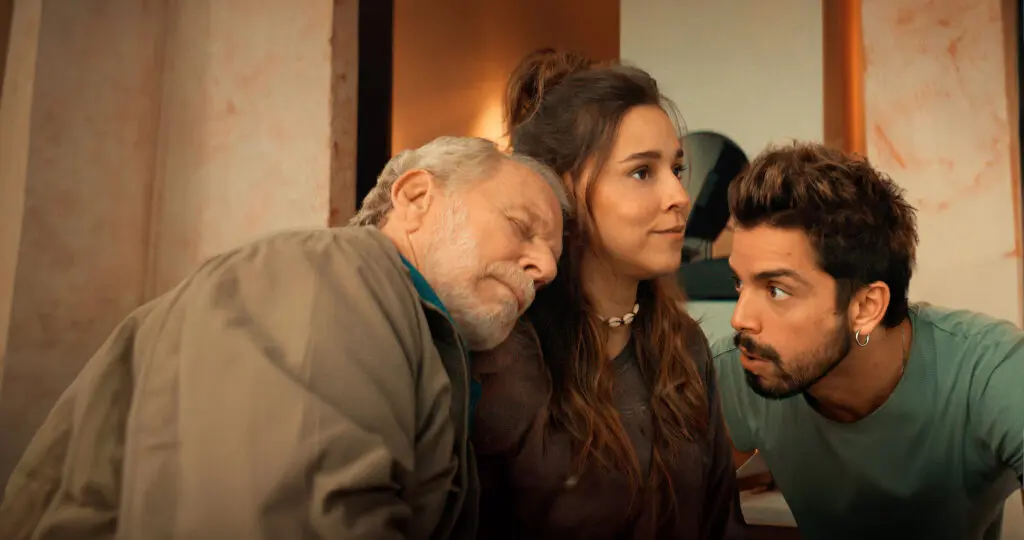
The risk with making a laid-back chill-out movie is that there’s such a thing as a movie being too chilled out for its own good, and I think this is the problem with Cheers to Life, a well-intentioned and perfectly charming slice-of-life drama that I never found the energy to care a single jot about. Oops.
Netflix feels like the right place for this sort of thing, both in the sense that it’s an obscure international movie that nobody in the West would watch if it wasn’t slipped in front of them, but also that it feels designed to be stuck on in the background while you’re doing something else. This does little for the persistent complaints about streaming services by their very nature promoting the idea of art as a conveyor belt of soulless content, but it really is apt in the case of Cheers to Life. Whether this is a compliment or a criticism will depend on who you are and what you’re looking for.
Me, I’m not opposed to a movie being deliberately risk and conflict-averse in principle, but in execution, I’m not so sure. After the introductory, scene-setting period of this movie, I found myself drifting away from it, lulled to disinterest by the lack of jeopardy and meaningful drama. The whole thing’s built on contrivance, and every step feels just a bit too easy to be engaging. Mileage may vary.

Premise-wise, the movie follows Jessica, a young woman who works in an antique shop and believes she’s the only surviving member of her family until the sudden discovery of a locket suggests otherwise. In an effort to discover her own heritage – not to mention her lost sense of cultural identity and belonging – she attempts to seek out her surviving grandparents in Tel Aviv, motivated at least in part by the idea of being the sole beneficiary of their sizeable inheritance.
You’d think that last detail would run slightly contrary to the movie’s carefree vibe, which it would if much attention were paid to it. But the whole thing’s deliberately comical and light, refusing to get especially serious about anything, unless it spots an opportunity for something a little tear-jerking. As mentioned, nothing about this story necessarily moved me, but if you squint a little, you can see how it might resonate with someone who feels somewhat isolated and disconnected, especially as it pertains to family and personal history.
The comedy, for the most part, works quite well. Cheers to Life is good for a chuckle, if nothing else, and it knows to tone down a little whenever more sentimentality is required. The generational clash between old and young, explored through Jessica’s relationship with Ben, is the movie at its most effective in my estimation. The too-obvious arc of abandoning materialistic impulses for more authentic connection yields few surprises but gets close to a depth of feeling in this area, if not necessarily anywhere else.
And this is the problem, obviously. The movie is nattily constructed – it looks and sounds quite lovely, more often than not – but ultimately empty-feeling, with a romantic contour that feels a bit stilted because the characters, while not actively off-putting, just don’t have enough depth or chemistry for a relationship to feel viable. Similarly, the lack of twists, major developments, or even meaningful dramatic moments contributes to that sense of idling, especially since so much of the plot hinges on sheer coincidence instead of organic drama.
Cheers to Life could have done with more depth and tension, then, but it’s difficult to be mad at since it’s so breezy and easy-going, and the payoffs have a spark of warmth. It’s a movie much more about feeling than it is about function; its comfortable vibe is why it’s so ideal to watch without your full attention. I’m still not sure whether that’s a good thing or not, but it’s probably a question for another day.


